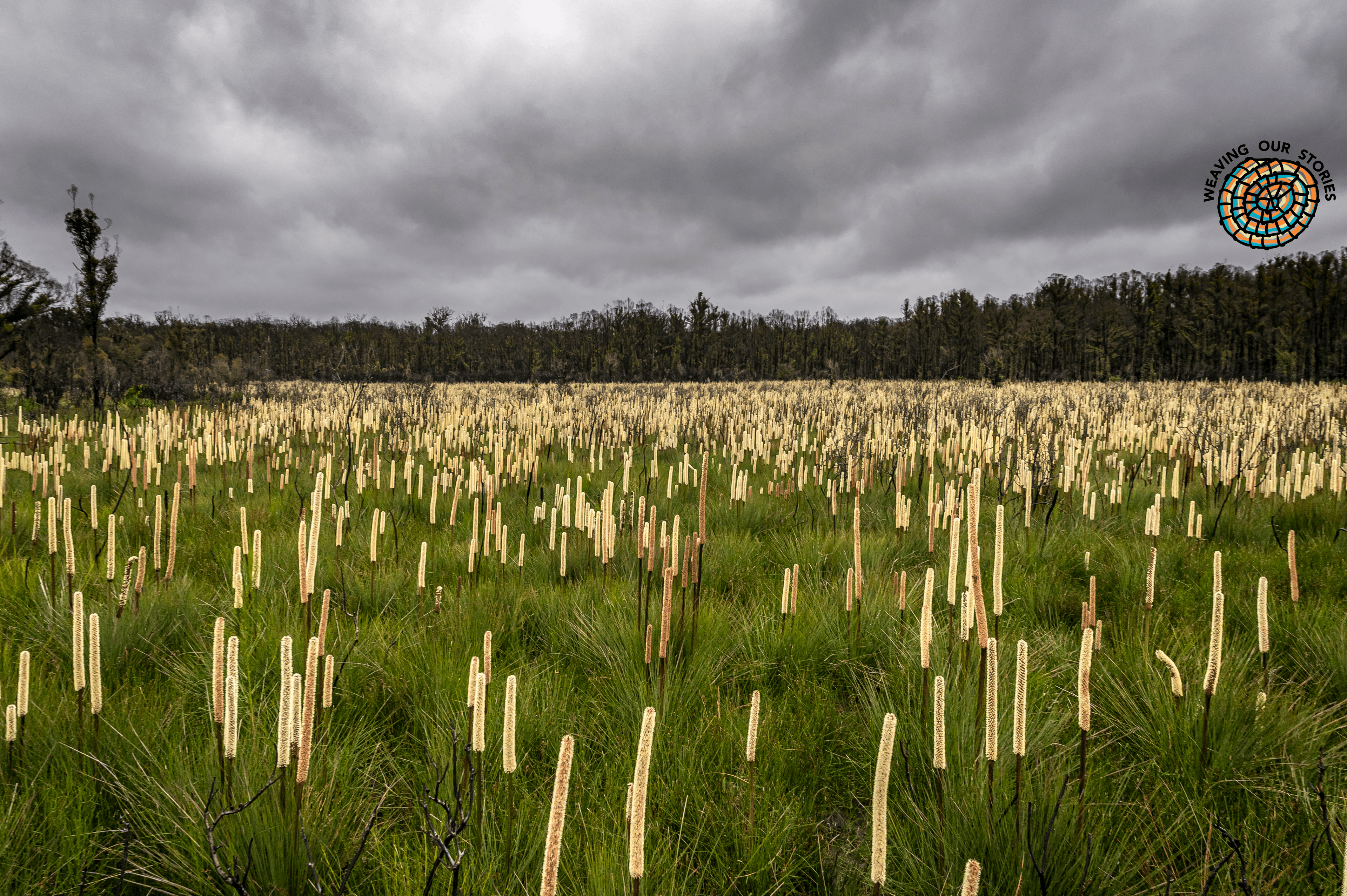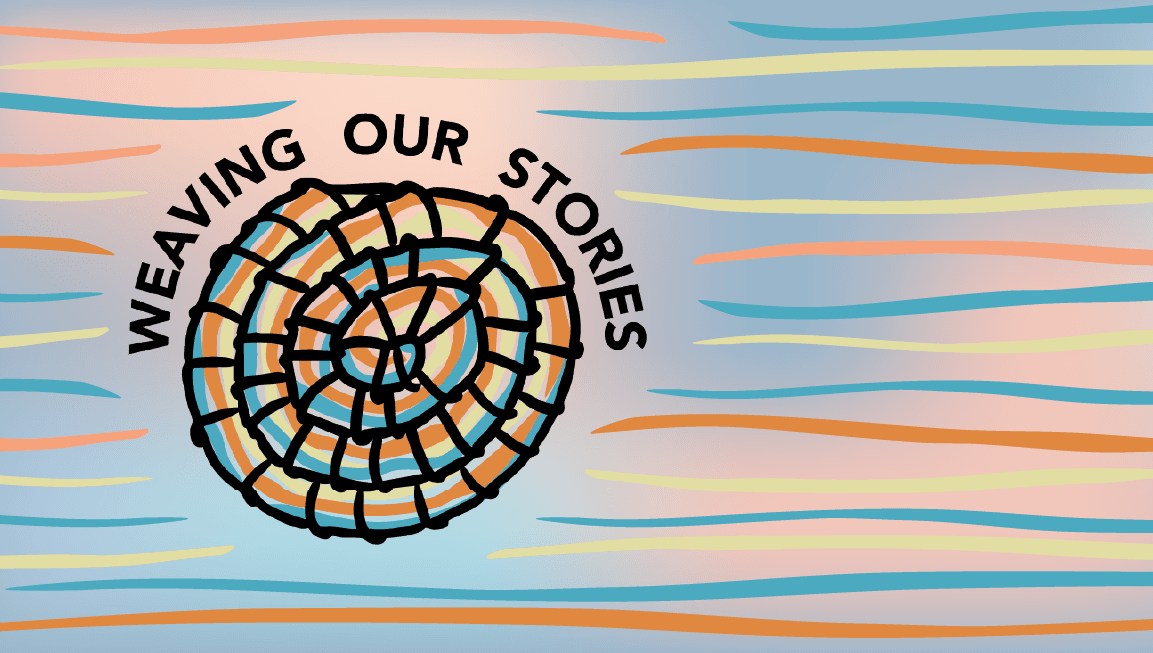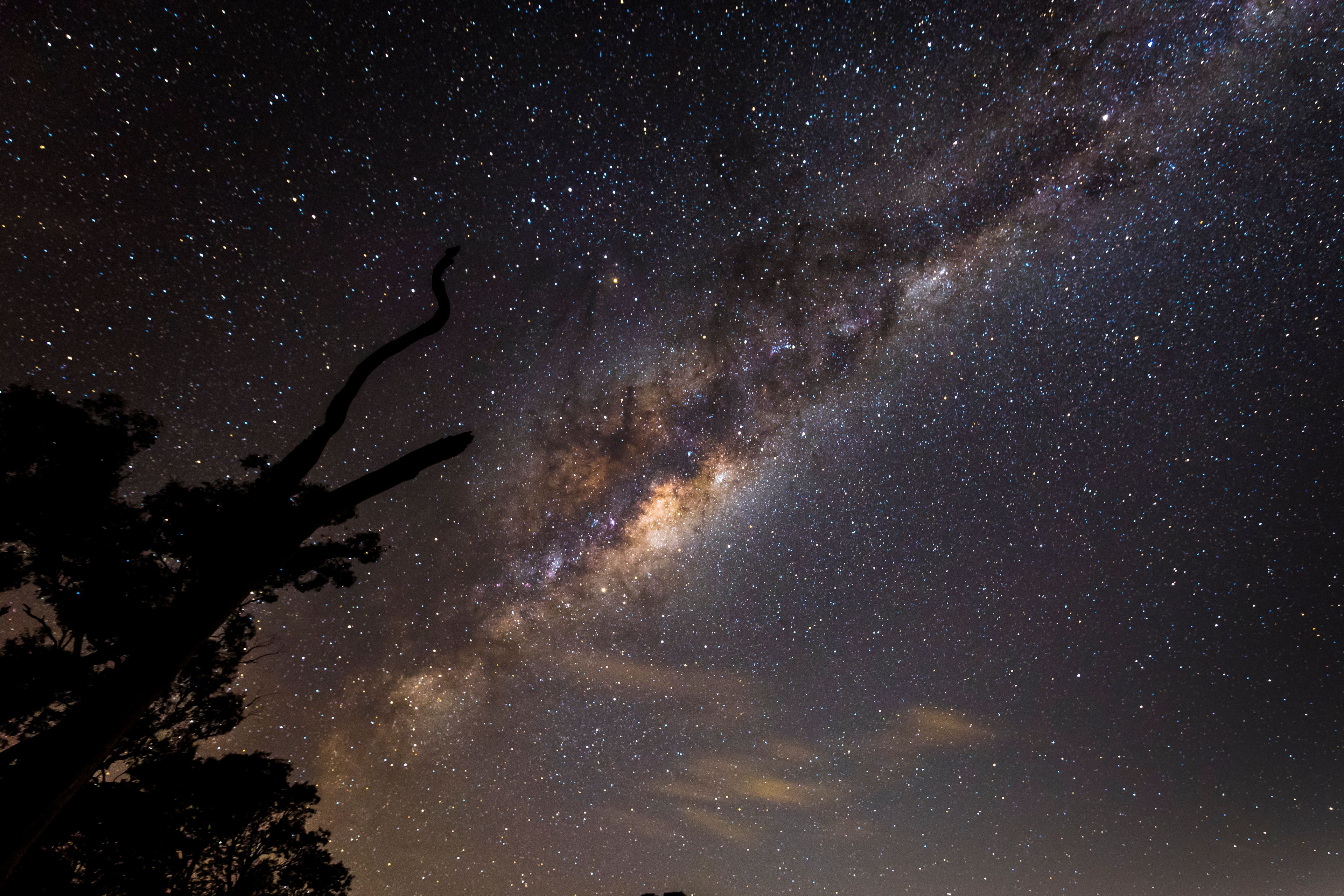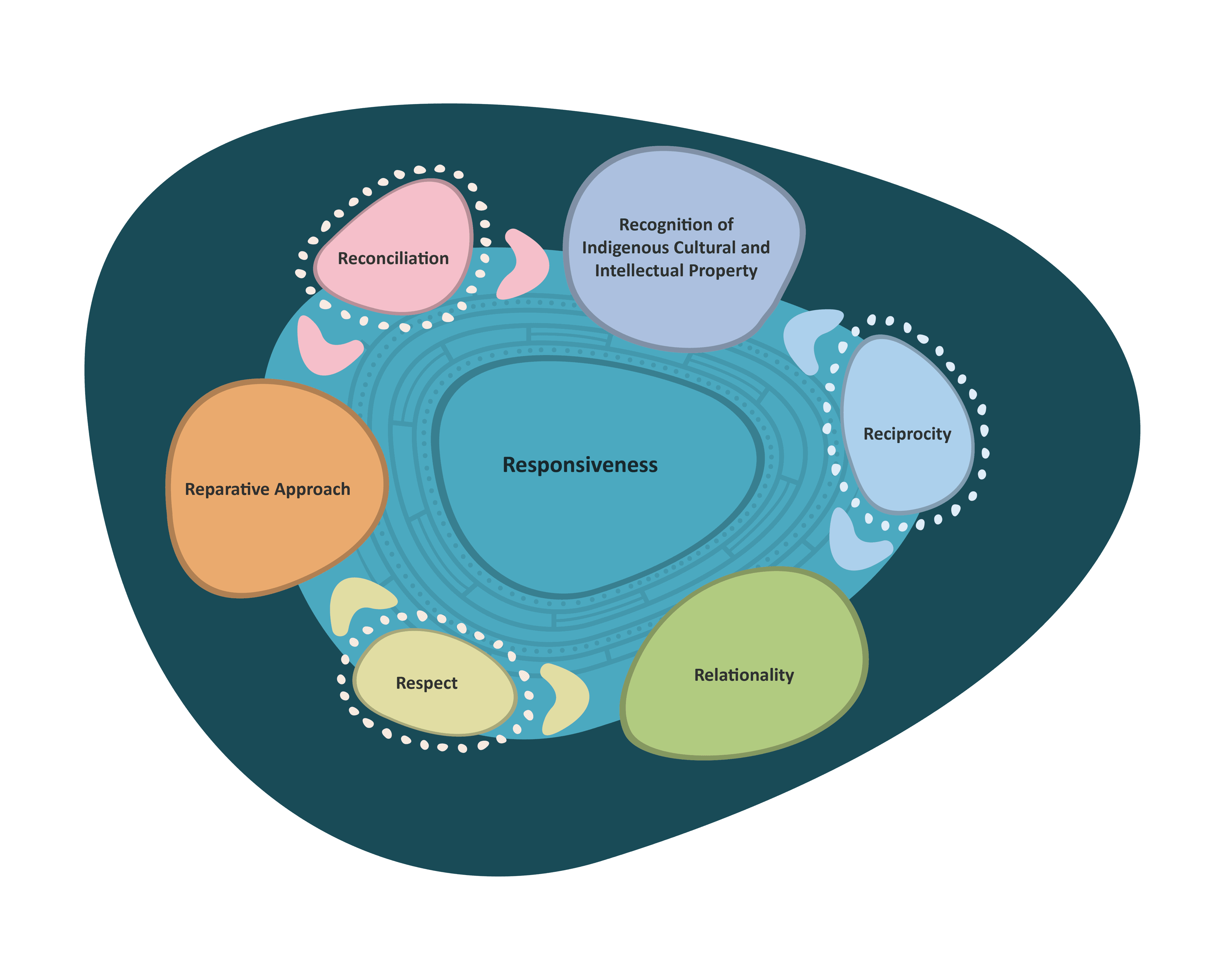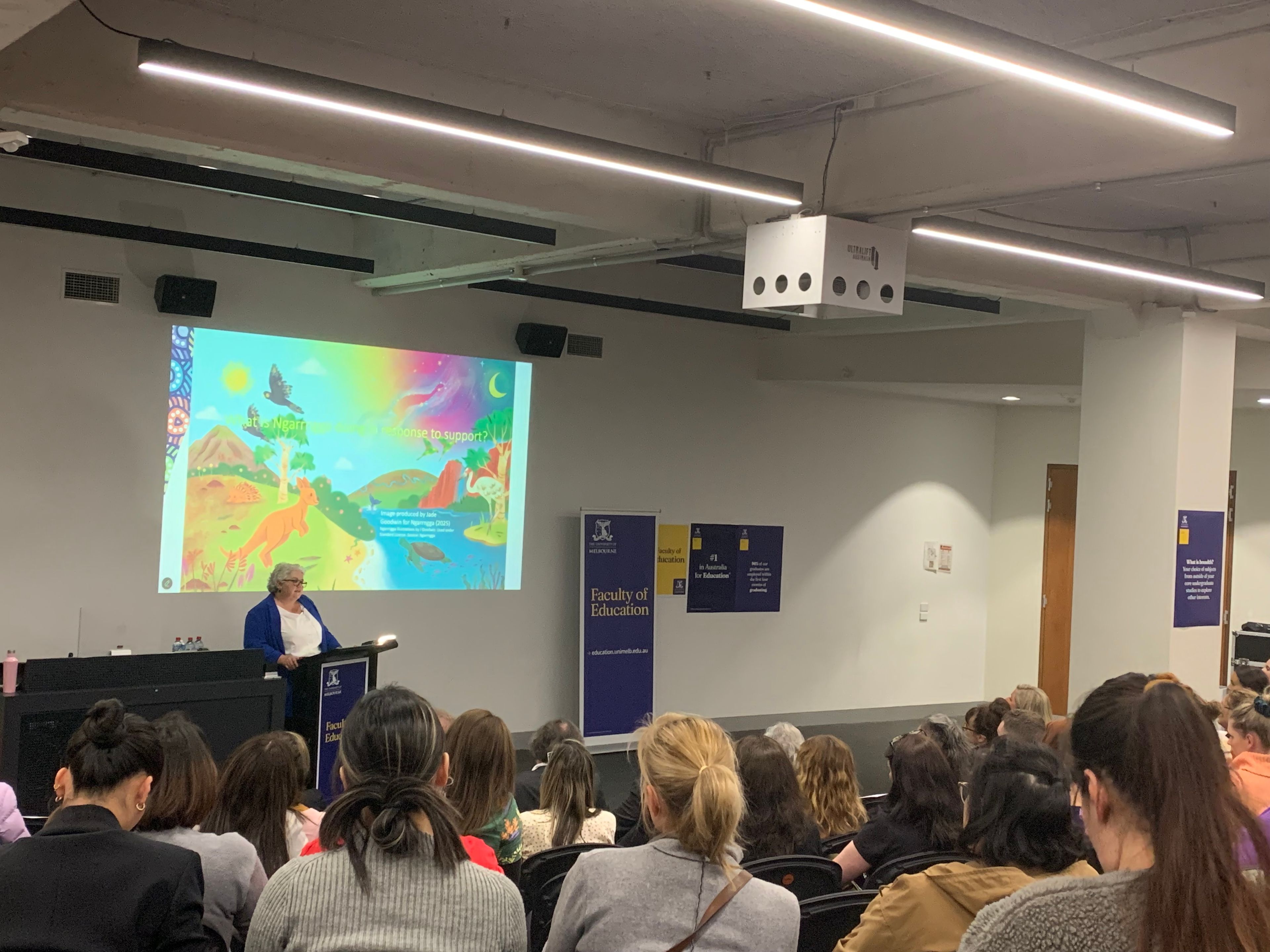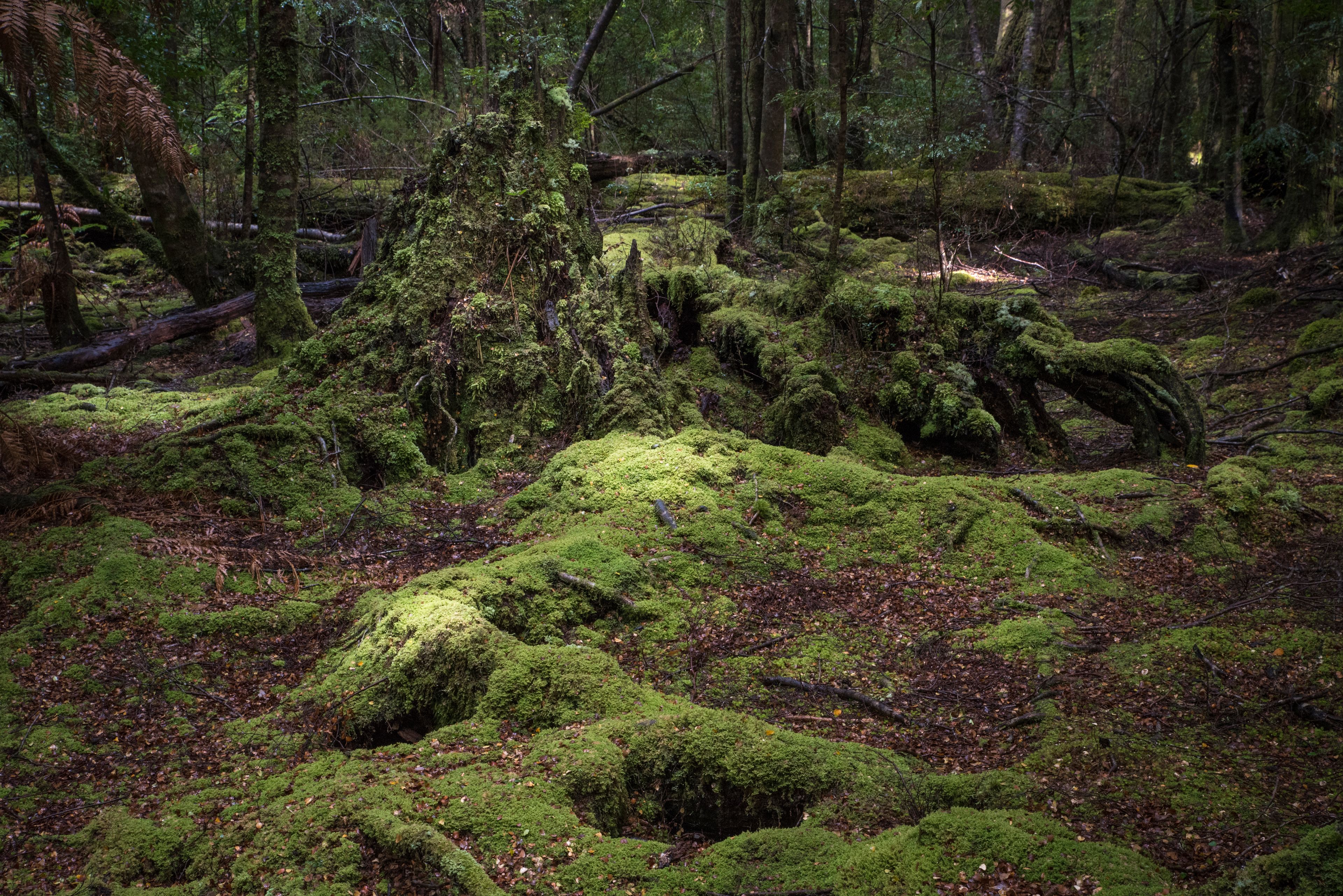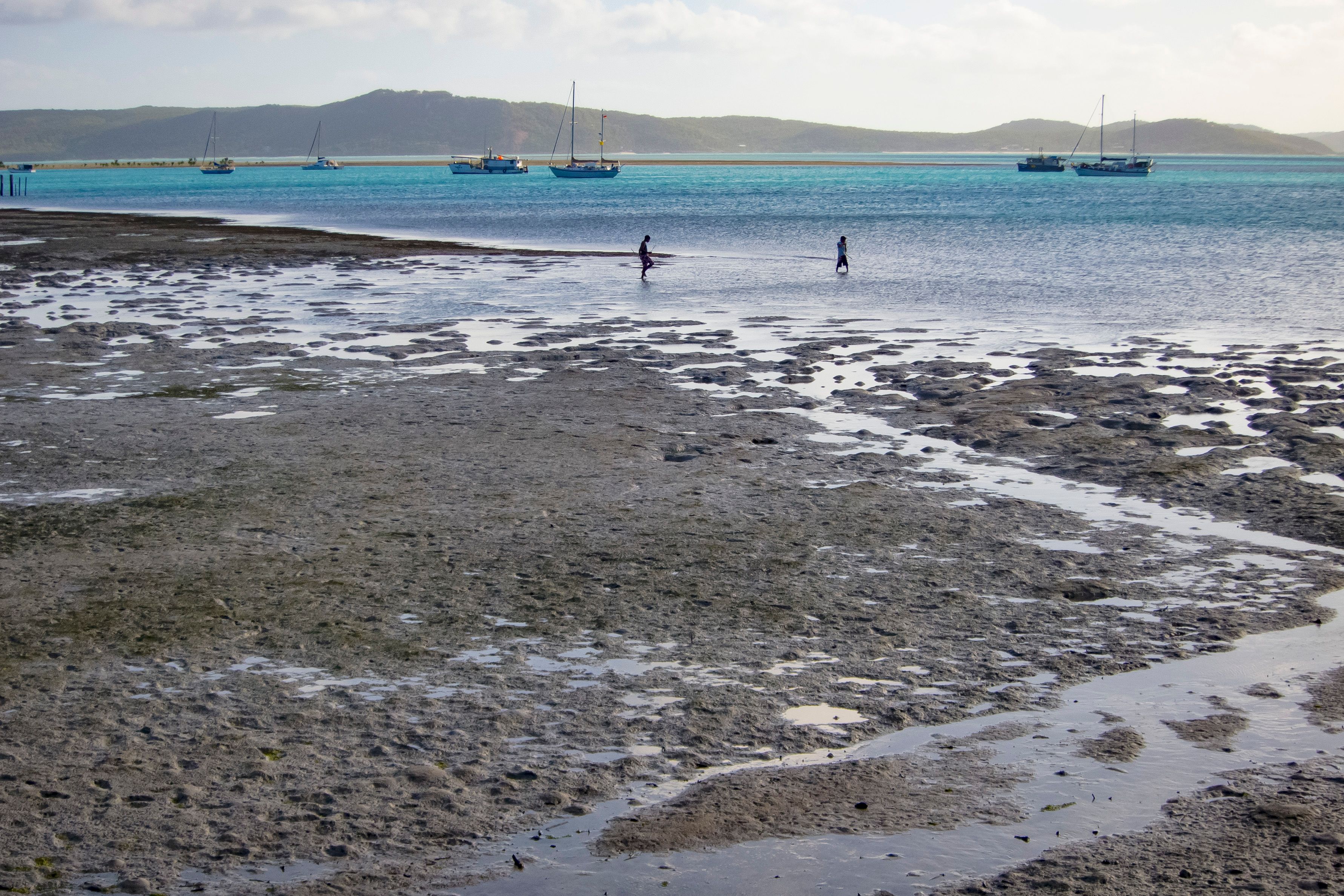Home/Stories and news/"As a teacher, I was identifying myself as part of the problem"
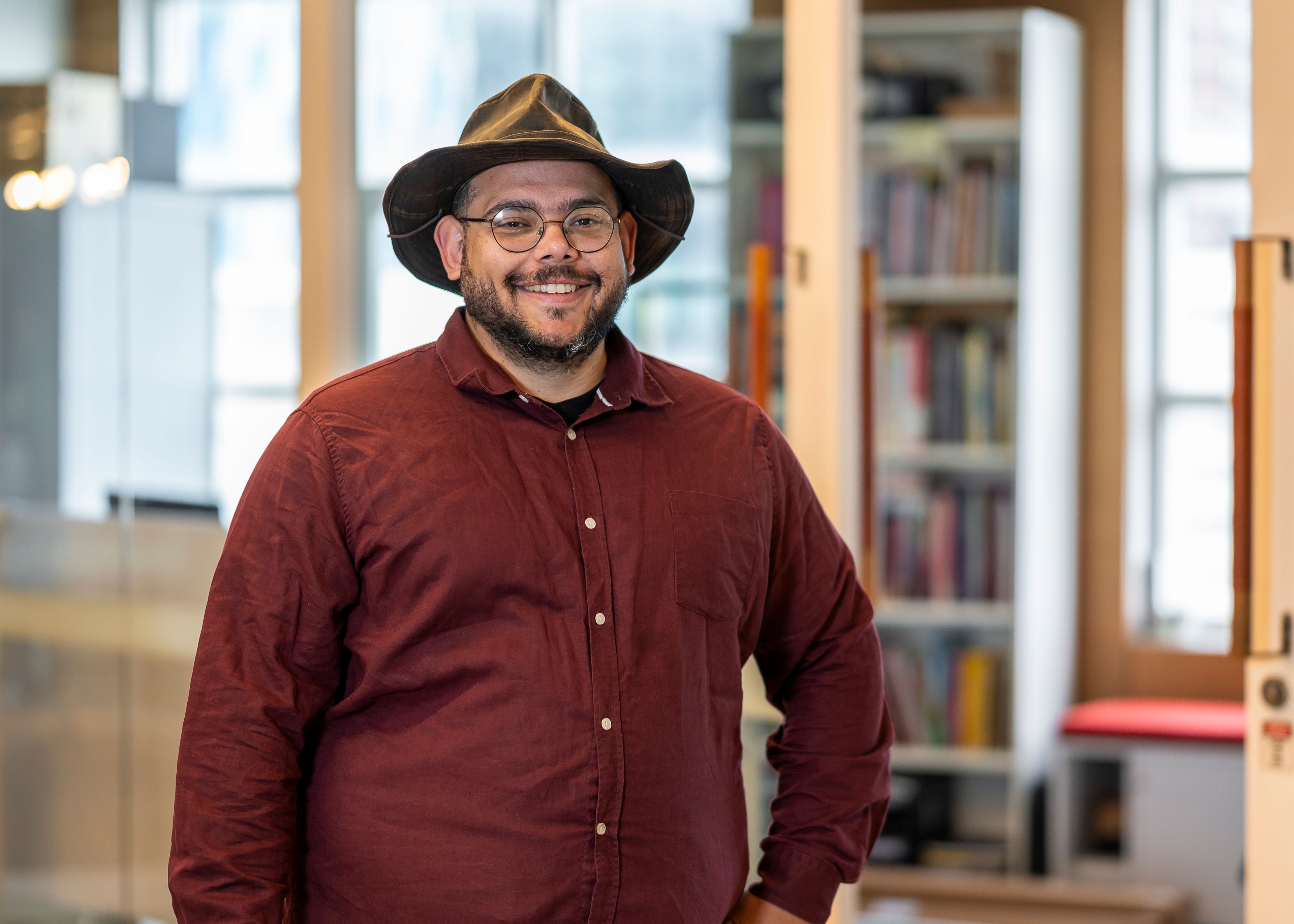
"As a teacher, I was identifying myself as part of the problem"
Professor Ben Wilson, Narrm, Wurundjeri country. Tiffany Garvie. Source: Ngarrngga. © The University of Melbourne 2023.
Ngarrngga Expert Advisory Panel member Ben Wilson explains why we need to change the narrative around Indigenous education.
I was born with a predisposition to reading and writing. I'm not saying this is an idle boast, it's just something that I always had a little bit of talent for. But the thing is, I grew up in Brisbane in the 90s into the 2000s and Aboriginal kids weren't expected to be readers and writers. We were expected to be good at sports and art. That was the pervasive societal narrative around Indigeneity. By the way, I can't throw or catch a ball to save my life!
While society in general was trying to tell me that I was less black for being who I was, I never had a family that did that. So, I was very strong in my identity from the very beginning.
I'm very grateful to my old people and my parents and cousins who really reinforced that.
It wasn't the school's fault, they only had the tools that they had to work with Indigenous kids, and I was one of a few Indigenous kids at the school at the time. I'm pleased to say that schools are moving forward but at the time, my Aboriginality was problematised rather than celebrated. I never wanted anyone else to experience that.
Turning the tables
I became a secondary school English teacher, that's what I did when I first came out of my Degree. For about a decade I taught in elite private schools and in some disadvantaged, low socioeconomic schools. It was great and I enjoyed my time as an English teacher, but there was something that always nagged at me. These schools kept failing Indigenous kids.
You look at the Closing the Gap statistics and the billions of dollars that we've poured into that over the past 15 to 20 years, and we still don't see any measurable movement forward. It didn't sit well with me and I was also a teacher in that space – and so as a teacher, I was identifying myself as part of the problem.
I wanted to do something different and that led me to the Stronger Smarter Institute, Chris Sarra's mob. I worked there for a number of years, and it felt like we were getting somewhere. We were changing the narrative around Indigenous education from one of deficiency and deficits to one of strength and capability. I loved Chris' message, and I still do.
60,000 years of education vs. 200
While I was at Stronger Smarter, I figured that what's actually broken is the system itself. It fails Indigenous kids but it also fails all kids really, because it's a broken system. This is just my personal belief. The point that I try and make in my academic work is that we have an education system that's only existed for roughly 150 years, since the advent of the Industrial Revolution. We also have another education system in this country, one that is at least 60,000 years old - but in my way of understanding the universe, my people's way, it's existed from the beginning of time.
If you do the conservative estimate of 60,000 years to say 200 years, the ratio is one to 300. And yet our education systems in our schools prioritise the one.
So that's what led me to academia and the work that I do. And it's also indirectly led me to the Ngarrngga project.
The research that I did with my brother Dave Spillman, down at the University of Canberra, made the argument that the central idea of the Australian education system is to promote international competition and economic prosperity among its citizenry. We're not saying that's not important it’s just that it’s relatively late to the game. The older imperative is the one that built the most sustainable society the world has ever seen – and that was around knowing, understanding, and caring for our place. So, when we talk about making sure that that is part of the Australian education system, for Spilly and I, it's not about saying let's get black kids into a white education system and turn them into good tax-paying citizens. It's about changing what the education system does so that it's better for all kids.
"A profoundly but not exclusive Indigenous imperative"
Knowing, understanding and caring for place is a profoundly Indigenous imperative. But note that profoundly isn't the same as exclusively. That ethic can be placed at the heart of Australian education without a great deal of problem…
It is everybody's responsibility to have an obligation to country, no matter what colour you are. Indigenous people make up 3.4% of the population. If we're the only ones who are learning to take care of the places that we inhabit, our world's in a lot of trouble.
No doubt there are a lot of non-Indigenous teachers who feel a little bit awkward when projects like Ngarrngga are offering them resources and perspectives where they can take on Indigenous Knowledge. Sometimes it makes people feel very awkward because of the feeling of cultural appropriation. It also can be used as a shield by unscrupulous teachers who actually just don't want to engage with our ways and so they hide behind, "I don't want to do the wrong thing," and so you never try to learn.
Well, my belief is that if we can be humble enough to look and say - Blakfellas had solutions for a long time prior to Europeans arriving here, and built sustainable societies for a long time, if we can embed that in what we do as educators, maybe we'll take it to a really cool place. That's kind of my dream. That's what I want to work on for the rest of my life.
